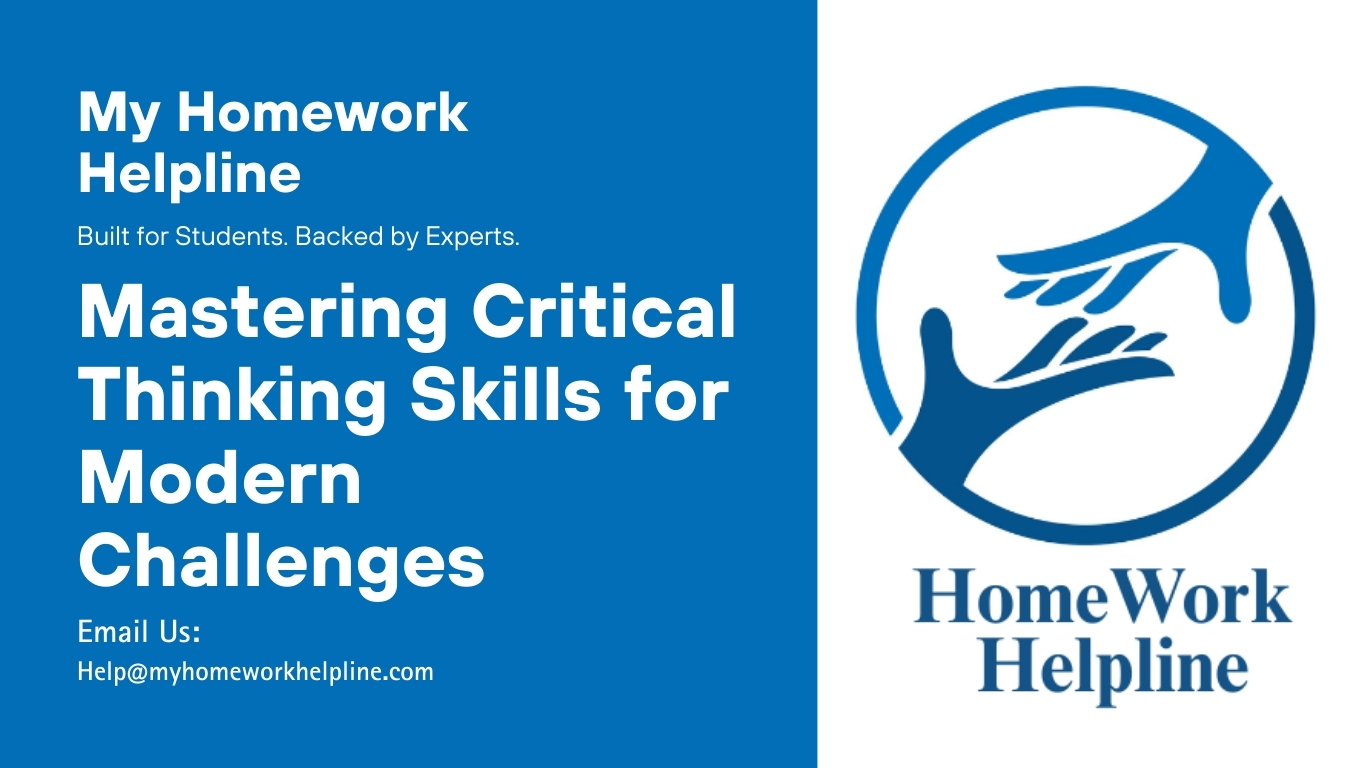Critical Thinking Skills: How to Think, Analyze, and Decide Effectively
Educating students to think critically is a priority in the modern era. Critical thinking is a cognitive process characterized by reflective and analytical thinking aimed at assessing and appraising various forms of communication, information, and arguments. The principles of logic and reason primarily guide the critical thinking process. According to Suciati et al. (2022), critical thinking skills are significant as they help individuals in decision-making processes, the formation of opinions or arguments, and valid and reliable conclusions. The essence of this concept involves several cognitive skills, such as interpretation, analysis, inference, evaluation, and self-regulation (Sarwari & Kakar, 2023). When constructing arguments, skilled thinkers not only anticipate potential counterarguments from others but also evaluate the vulnerability of their own arguments to potential refutation. Developing and mastering critical thinking skills is essential for individuals in today’s complex and rapidly changing world, as it empowers them to make informed decisions, solve problems effectively, and navigate the challenges of a dynamic society.
Sharpen your critical thinking skills and excel in academic projects with expert guidance. Whether you’re preparing essays, research papers, or group assignments, our experienced team offers tailored support to help you analyze, evaluate, and present strong arguments. Visit our Psychology Homework Help Experts to access personalized academic assistance that will boost your confidence, improve your grades, and strengthen your problem-solving abilities.
Critical thinkers often possess different attributes. Cohen (2022) mentions that some of the abilities and characteristics required in the critical thinking process include tolerance, analytical skills, confidence, curiosity, and truth-seeking. While in high school, I was once a group leader tasked with the responsibility of leading a team on a project. The project involved coming up with innovative marketing strategies for a new product. However, typical of most groups, I was working with team members with varying levels of commitment, expertise, working styles, and conflict resolution strategies. As such, by understanding that we all had our individual differences, my first step was to gather the group members together to analyze each of our strengths and weaknesses. Doing so helped not only increase respect for each other’s abilities but also brainstorm the potential challenges that might have occurred due to them.
Second, I led the group in the division of responsibilities based on every member’s strengths and abilities. I encouraged collaboration whereby we would get together at various project milestones to brainstorm ideas, evaluate them, and choose the best course of action. Given that individuals resolved their conflicts differently, I encouraged the members to embrace open dialogue and to seek viable solutions that aligned with the project’s goals. By identifying and respecting each other as individuals in a team, issues that might have otherwise brought about conflicts were mitigated. Furthermore, establishing the objectives of the team and providing clear steps of what needed to be done ensured that all members were on track with their varying responsibilities. As a critical thinker, I was keen on evaluating our progress and ensuring that our goals were on track with our timeline. Since reflecting is a huge part of the critical thinking process, I encouraged the team members to reflect on the experience to identify things that went well and those that could have been improved. Generally, this event demonstrates I am a critical thinker because I was able to promote harmonious collaboration in a group by reflecting on actions that promoted working together.
Generally, critical thinkers are able to evaluate a situation or a thing and make logical inferences based on the information available. Contemporary society requires individuals to develop critical thinking skills because they can aid in decision-making and problem-solving. Most importantly, analytical skills empower people to come up with ethical decisions that might have a significant impact on society. Critical thinkers see and solve problems reasonably by identifying their personal biases and acknowledging the facts of an issue. Therefore, developing and mastering critical thinking skills is an essential aspect of the modern era.
References
Cohen, M. (2022). Critical thinking skills: The ingredients of a good critical thinker. John Wiley & Sons.
Sarwari, K., & Kakar, A. F. (2023). Developing Students’ Critical Thinking Skills through Contextual Teaching and Learning. Journal of Cognition, Emotion & Education, 1-14. https://doi.org/10.22034/cee.2023.172192
Suciati, R., Susilo, H., Lestari, U., & Gofur, A. (2022). Critical thinking skills: Profile and mastering concepts of undergraduate students. International Journal of Evaluation & Research Education, 11(3). http://dx.doi.org/10.11591/ijere.v11i3.22409

